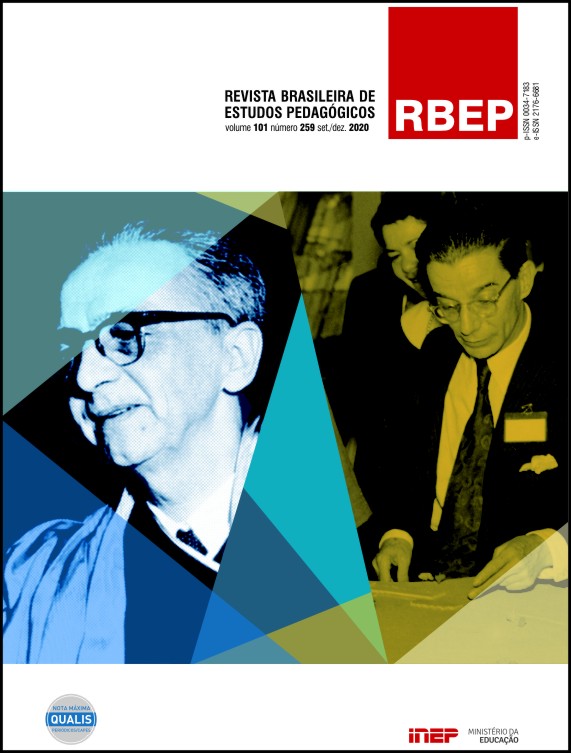Which competencies is Enade assessing in its Chemestry Evaluation? A proposal for an analysis in terms of cognitive operations
Abstract
The National Exam of Student Achievement (Enade) seeks to measure undergraduate students’ performances based on the syllabus their professors have covered and competences they have acquired during their higher education. Furthermore, one of its objectives is to contribute to undergraduate courses by providing relevant exam-related information. This study aims to analyze these questions while taking a new criteria into consideration: the required cognitive operations used by undergraduates when answering the Enade questions. In order to do so, it was necessary to elaborate a guide based not only on the documents issued by National Institute for Educational Studies and Research "Anísio Teixeira" (Inep) but also according to an analysis based on the taxonomy of cognitive operations. Among the main results, we highlight that for 2014 and 2017 exams there were few questions to evaluate competencies related specifically to bachelor’s degree programs; there was some disparity related to the cognitive level of difficulty, and knowledge areas were unbalanced.
Downloads
Once their work is accepted for publication, author’s copyrights are automatically relinquished to the National Institute for Educational Studies and Research Anísio Teixeira (Inep).
Since 2016, the journal Revista Brasileira de Estudos Pedagógicos (RBEP) uses the licence CC-BY.
Partial or total reproduction of the content of this Journal is permitted provided that the original publication is properly referenced, as well as a link to license CC BY 4.0 and to indicate any possible alterations made to the article.




















